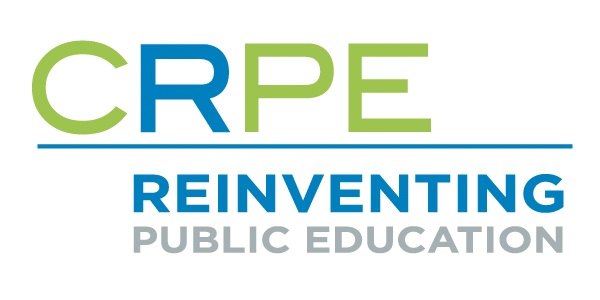By Sean Park
The coronavirus forced K-12 school districts to close for the remainder of this last academic year. Across the country, mandates to restrict operations are active in consideration for next year.

Many factors remain uncertain – the need to maintain social distancing, cuts in school funding, varied and significant student learning losses – but they will certainly impact how K-12 schools educate students.
To understand the issues at play and better predict what changes may occur, the Center on Reinventing Public Education is working with more than 150 researchers across the country to document and understand what has been happening this year and what conditions we may face come autumn.
The center’s Evidence Project aims to help give policy makers, administrators, teachers and parents the information they need to transition back to school.
Compiling and analyzing the data
CRPE is a nonpartisan, self-supporting think tank located in Seattle and affiliated with the University of Washington Bothell. Its research focus is on transformative, evidence-based ideas that can improve K-12 education.
With the coronavirus pandemic closing down schools all across the nation, CRPE turned to its network to enlist researchers to participate in the Evidence Project. With their assistance, the center collected data from 477 school districts in recent months and continues to monitor summer learning and fall reopening plans in 100 school districts nationwide.
“This crisis is so much bigger than us, and there’s only so much we can do as one organization,” said Robin Lake, CRPE’s director. “We wanted to bring the research community together and, at the very least, get them to start talking and exchanging information amongst each other.”
Coordinating data collection and sharing through CRPE can also assist researchers in forming groups to assess and discover emerging innovations. The center also hopes it encourages researchers, policy makers and practitioners to work together in identifying the most important questions, delegating appropriate tasks and goals, and sharing information to key stakeholders in the community.
“We want this to be a big tent where we are working with people all across the world,” said Lake. “Everyone wants to help right now. Sharing information about how different countries are handling this will help all of us navigate through a crisis we’ve never dealt with before.
“Just as vaccine researchers are talking together across the world, we should be doing the same,” she said.
Evidence-based decision making
One of the Evidence Project’s primary goals is to identify academic gaps that may come from students missing class time. It also aims to understand the mental and social challenges that students, parents and faculty face because of the pandemic.
“One of the biggest challenges is that there are so many important questions, and it’s hard to sort through which ones should take priority,” said Lake. “Our answer to this challenge was to gather as many great minds as possible and then think and work through this together.”
As part of this effort, CRPE also organized panels on diagnostic assessments, pulling together experts in social/emotional challenges, trauma and academic assessments. “Our job is to point the researchers to the urgent questions and share the findings to the world so they aren’t hiding in some journal and can be used to elevate conversations,” said Lake.
Some of the questions researchers are investigating include: How effective is distance learning for young kids? How can we assess their knowledge and progress effectively? How do we make school feel safe again? How is the learning that students missed out on this year going to affect them in their future schooling?
The latest research
To support this work, CRPE actively works to connect independent researchers in its network with foundations who may be able to support their work. The center itself recently received $650,000 from the Walton Family Foundation to support the infrastructure of the organization, invest in a database for the influx of data coming in, and fund CRPE’s independent research projects.
“The more diverse group of people we hear from the better,” said Lake. “We are always interested in hearing directly from students, parents and staff members — who are essential to our educational institutions.”
For more information or to sign up for a newsletter on the latest research, go to the Evidence Project website.



